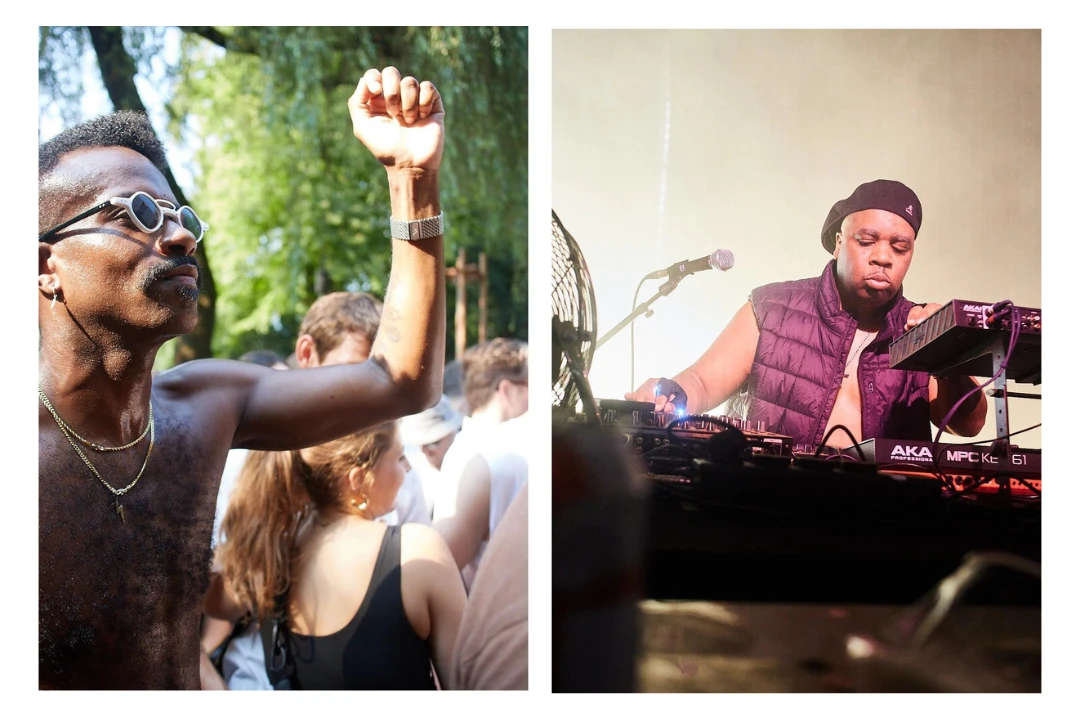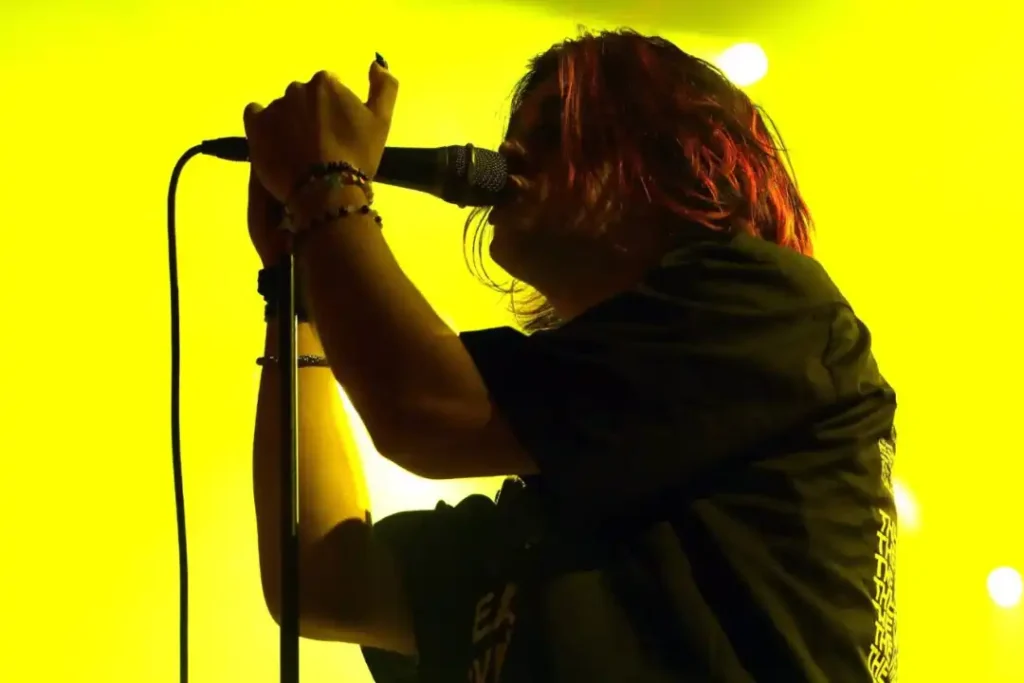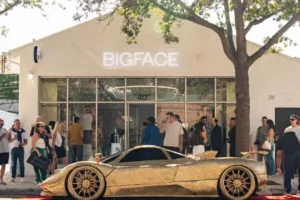Techno music has a rich history rooted in the Black communities of Detroit, and this legacy is being celebrated and explored in new ways as the genre continues to evolve. The journey of techno from its origins in Detroit to international festivals like Dekmantel in the Netherlands is a testament to the genre’s enduring influence and its deep cultural significance.
Black Roots of Techno
In Detroit, techno was born out of a blend of electronic music, funk, and the socio-political climate of the late 1970s and early 1980s. Pioneers like Juan Atkins, Derrick May, and Kevin Saunderson—often referred to as the Belleville Three—laid the groundwork for what would become a global movement. Their music was not just a form of entertainment but a form of expression and resistance, encapsulating the struggles and aspirations of Black youth in Detroit.
Evolution of Techno and Dekmantel Festival
As techno spread across the globe, it retained its core elements while also evolving to incorporate influences from various cultures. Festivals like Dekmantel, known for its diverse lineups and cutting-edge performances, highlight the genre’s evolution and its ability to bring people together from all walks of life.
Celebrating Techno’s History and Future
Today, there is a renewed interest in acknowledging and celebrating the Black origins of techno, with artists and festivals paying tribute to its roots while pushing the genre forward. From the underground clubs of Detroit to the stages of Dekmantel, techno continues to be a powerful force in the music world, driven by its deep connection to Black culture and its ability to adapt and inspire.













